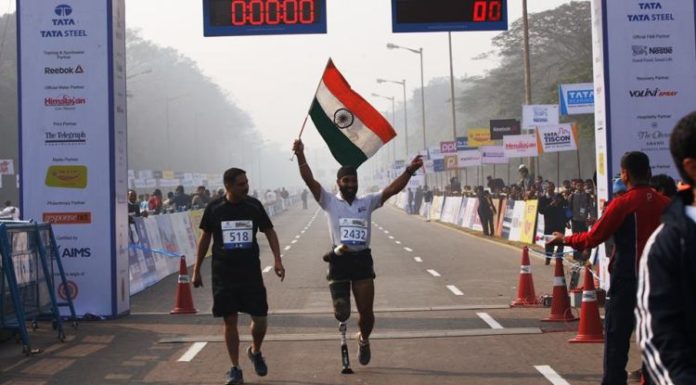Buying a house of his or her own is a dream of every young Indian. Even Bollywood stars feel the need to announce their financial independence by acquiring a home in Mumbai. (To be fair, they need to more than most; no one rents to an actor / actress in Mumbai’s better areas).
But before the wonderful feeling of having a place of your own sinks in, we do have to endure the trauma of finding a place to buy, and then the additional pain of getting a Home Loan. (Unless you actually are a Bollywood star and can afford to pay cash-down).
I have seen friends caught up in high-interest loans that they now have difficulty paying off, paying charges they had no idea existed or finding they could not buy their dream home because they had not factored in how much they would have to raise on their own.

So let’s go over a few of the things that you need to be aware of before you go hunting for a Home Loan.
Your income determines your loan eligibility
Typically a Bank will only give you a loan whose EMI is upto 50% of your monthly income. Expect to negotiate hard for a higher amount. If you want a higher loan than this, the interest rate is likely to be higher.
The value of loan will cover only 75 – 80% of the value of your home
Most banks will expect you to put up the rest yourself – else why would they take the risk of lending you such large amounts. For home values below 75 lakhs expect to get 80% of the home value and for those above, 75%. Some banks and NBFC’s might give upto 85%, though they typically charge slightly higher rates.
For re-sale properties, the loan value is calculated on ready reckoner rates, not actual sale price
Sad but true, for already-built property that you are buying from existing owners, the value of loan is assessed as a percentage of the market rate defined by your municipal corporations ‘Ready Reckoner’ rates. These tend to be much lower than actual market rates, though they have corrected recently and are more in line with reality. So any premium charged by the buyer above that may have to be paid for by you out of your own resources.
VAT, Stamp duty and such statutory expenses
These are often not covered as a part of the loan amount by most Banks, so you might have to budget for paying them out of your ready money as well. The amount varies from state to state, but is often a large amount of money what you need to be prepared to arrange for out of your own resources. Do not attempt to make a purchase without paying full stamp duty or registration or VAT. The transfer of title will be illegal and no one will give you a loan for such a purchase.
Existing liabilities drive down your eligibility for a loan
That is to say, if you already have a loan for 40 lakhs and your overall eligibility is for a loan for 90 lakhs (based on your income), the second Bank will only agree to extend a loan for the balance 50 lakhs to you. So your car loan or education loan EMI affects how much you can get as a Home loan.
Having a co-applicant with an income helps
When you are co-borrowing, the income of both applicants is considered to assess loan eligibility, so it helps a lot for a husband and wife to apply together if the loan amount is high. Even from a tax perspective this makes good sense since both husband and wife can then use the tax benefit.
Beware of hidden charges
Some Banks will charge you are pre-payment penalty or a loan-switch penalty. Ensure you read the fine print carefully and ascertain whether this is the case. As far as possible, avoid such loans.
Also look for default clauses, add-on charges and other penalties. Sometimes, there can be a charge for changing the co-borrower, even a change of name of applicant (quite possible in case of marriage / divorce), or a change in ECS instructions
Look for Fixed vs Floating rate Home Loans
For a long-term loan like a home loan, it usually makes sense to assess which type of loan is better for you. If rates are very low – in the Indian context 9% or below, for a fixed rate, they are unlikely to ever go lower. But if the rates are higher than 12%, look for a floater loan, with an option to convert to fixed rate lower if possible.
Remember, taking the right Home Loan is almost as important as buying a house itself. Search, investigate and make the right decision!






























